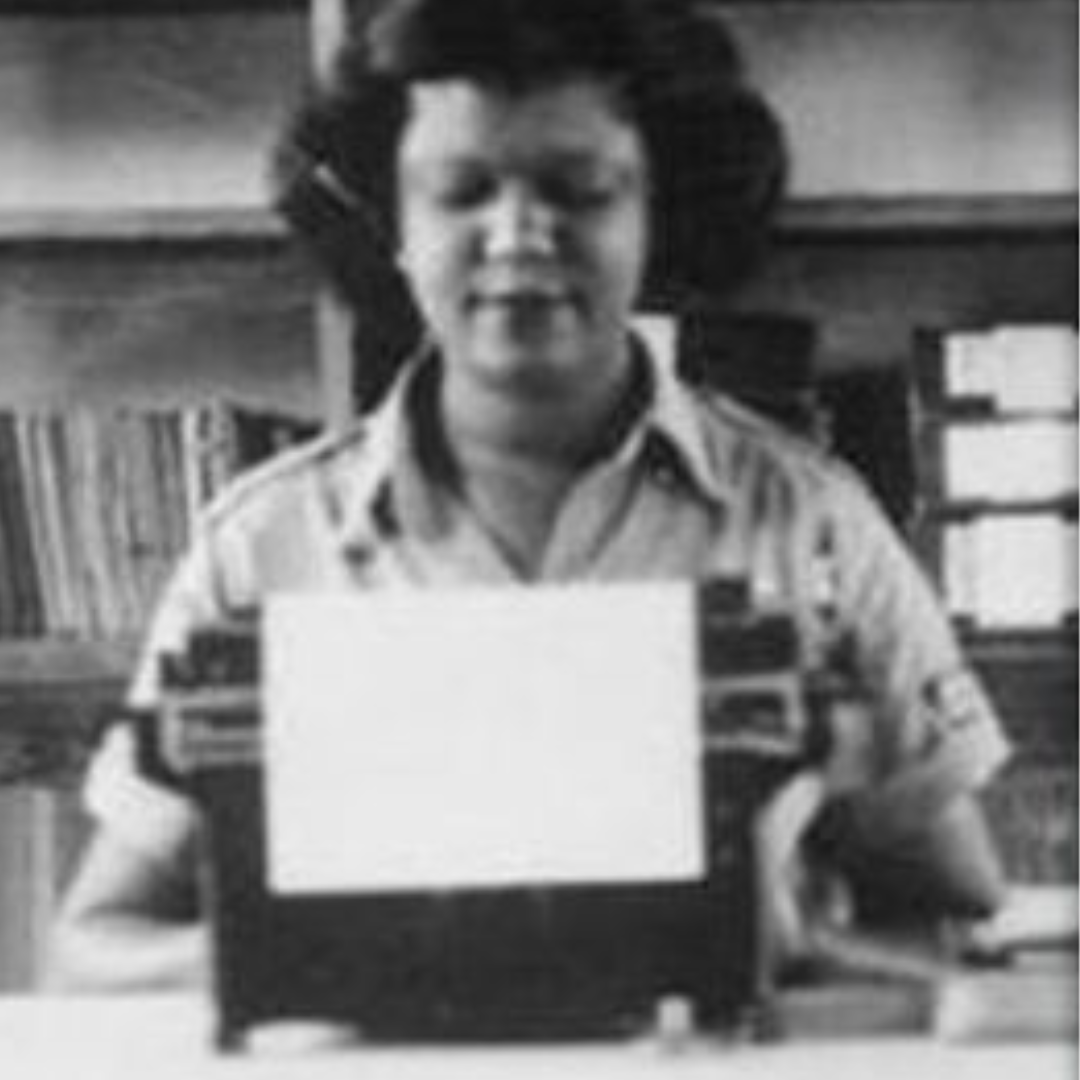Connie Mark: A Beacon of Caribbean Heritage and Women's Service in WWII
Throughout history, there are countless unsung heroes whose stories inspire and remind us of the potential for individual impact. One such hero is Connie Mark, a medical secretary in the British Army during World War II, an active community leader, and a staunch advocate for the recognition of the contributions made by Caribbean service personnel. Here, we delve into her life and legacy.
Connie Mark, born Constance Winifred McDonald in 1923 in Kingston, Jamaica, lived a life dedicated to service and community. Her journey began when she enlisted in the Auxiliary Territorial Service (ATS) during World War II, serving as a medical secretary. This role brought her to Britain, where she continued her service in various hospitals.
While Connie's contributions during the war were invaluable, like many other servicewomen and men from the Caribbean, her efforts went unrecognized for decades. This lack of recognition set the stage for her later advocacy work.
After the war, Connie chose to remain in Britain. She recognized a need to support and advocate for the Caribbean diaspora, and her home became a hub for the community. Not only did she provide guidance and support to newcomers from the Caribbean, but she also got involved in a variety of community-focused initiatives.
Connie was particularly passionate about healthcare. Drawing on her experience as a medical secretary, she worked at St. Clement's Hospital in London for over two decades, advocating for better healthcare practices and services for Black and Caribbean communities.
A pivotal point in Connie's journey was her fight for the recognition of Caribbean service personnel's contributions during WWII. She co-founded the Mary Seacole Memorial Association (MSMA) in 1980, which aimed to recognize the contributions of Mary Seacole, a British-Jamaican nurse known for her service during the Crimean War.
But Connie's advocacy didn't stop there. She also played a significant role in ensuring that the contributions of Caribbean men and women during both World Wars were acknowledged. Through her tireless efforts, she pushed for their inclusion in Remembrance Day services and other commemorative events.
For her invaluable contributions and activism, Connie Mark received numerous accolades. She was awarded the British Empire Medal in 1992 and was later appointed a Member of the Order of the British Empire (MBE) in 1996.
Her commitment to preserving the history of Caribbean contributions to Britain went beyond her lifetime. In 2007, a blue plaque was unveiled in her honor in London, ensuring that her story would inspire future generations.
Connie Mark's life serves as a testament to the power of individual determination. Through her dedication to service, both during WWII and in the decades that followed, she ensured that the stories of those from the Caribbean diaspora would not be forgotten.
In today's world, where the contributions of marginalized groups are often overlooked, the legacy of Connie Mark reminds us of the importance of recognition, the value of community, and the indomitable spirit of those who strive to make a difference.

